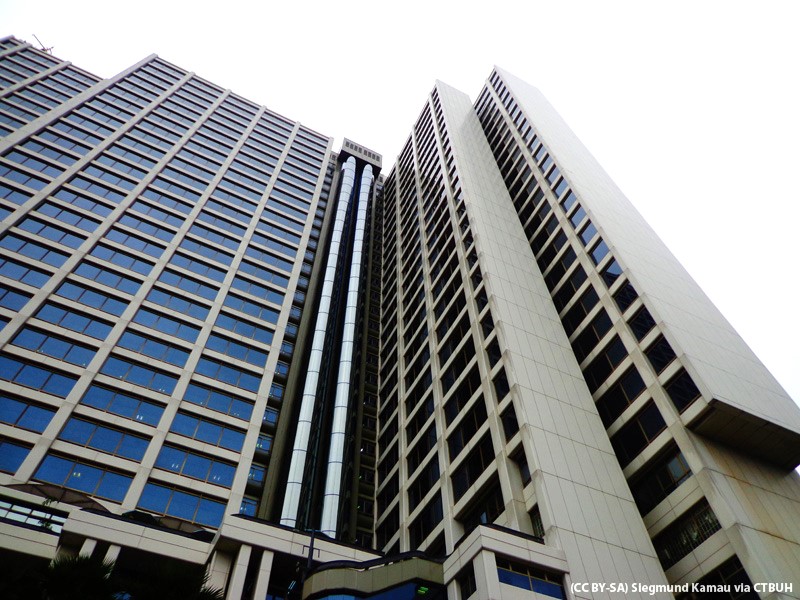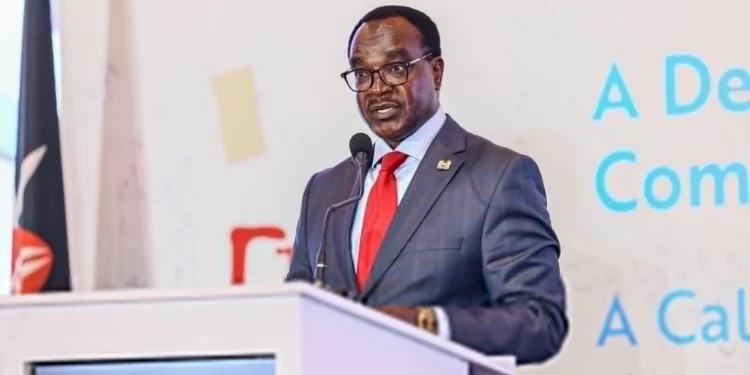For the first time in many years, the national examinations season in Kenya is unfolding with an encouraging sense of calm, order and integrity. Across the country, examination centres are reporting peaceful sittings, efficient logistics, and – most significantly – the near-total absence of malpractice cases. This remarkable progress is a testament to the Kenya National Examinations Council’s (KNEC) firm resolve to safeguard the credibility of national assessments. The measures put forward in recent years are finally bearing fruit, and it is only fair to say — kudos to KNEC, the Ministry of Education, and all the stakeholders who have worked tirelessly to restore confidence in the system.
In the past, the examination period was often synonymous with tension, anxiety, and scandal. Social media would buzz with alleged leaks of papers; teachers, parents and candidates alike would be on edge. The integrity of the entire examination process was repeatedly questioned. For a time, it seemed that the system had been compromised beyond repair. Yet, through deliberate and well-thought-out reforms, KNEC has managed to turn the tide.
One of the most impactful measures implemented has been the tightening of security around exam materials. KNEC introduced a multi-layered chain of custody system that tracks papers from the printing press to the examination centre. Examination materials are now stored in secure, double-locked metallic containers housed in police stations and opened each morning in the presence of centre managers, security officers and supervisors. This approach has significantly reduced the window of opportunity for tampering or leakage.
Equally effective has been the deployment of ICT in monitoring examination processes. The introduction of digital surveillance, combined with real-time reporting systems, allows KNEC to detect irregularities as they happen. Any suspicious activity – such as the sharing of images or unusual patterns in candidate performance – can be flagged instantly. The digital revolution, once seen as a threat to exam integrity through the spread of leaked content online, has now become an ally in protecting it.
Another bold step has been the professionalization of the roles of examination officials. KNEC, working closely with the Teachers Service Commission (TSC), has ensured that centre managers, supervisors, and invigilators are trained, vetted and held to the highest ethical standards. Teachers now understand that their duty extends beyond teaching to protecting the credibility of the examination process. Instances of teachers colluding with candidates to cheat have declined sharply, thanks to strict penalties and an increased sense of professional pride.
ALSO READ:
Nyamira family in distress as Grade 8 daughter disappears from home during holiday
The enhanced collaboration among government agencies has also played a critical role. The Ministries of Education and Interior, the TSC and KNEC have been working hand in hand to ensure seamless coordination. Security officers have been deployed strategically, not to intimidate, but to reassure and protect. Vehicles transporting exam papers are escorted, routes are monitored and any breach is swiftly addressed. The unity of purpose among these agencies is a major reason for the newfound peace surrounding this year’s exams.
Beyond institutional measures, there has been a remarkable shift in the mindset of the Kenyan public. Parents, teachers and students are beginning to appreciate that true success cannot be built on shortcuts. Schools that once glorified high mean scores achieved through dubious means are now embracing authentic learning and honest effort. Learners are being encouraged to trust in their preparation, to believe that their hard work – not leaked papers – will determine their destiny. This moral awakening is perhaps the most powerful reform of all.
It would also be unjust not to mention the role of civic education and public awareness campaigns. Over the past few years, KNEC and the Ministry of Education have intensified sensitization efforts through media, school visits and community engagements. By educating the public about the dangers of exam malpractice and its long-term consequences, they have fostered a culture of integrity. When citizens understand that examination fraud devalues not only certificates but also the nation’s credibility, they become allies in the fight for honesty.
The payoff from these collective efforts is now evident. This examination season, there have been no major incidents of leaked papers, impersonations, or organized cheating rings. Centres across the country report that candidates are arriving on time, invigilators are calm and professional and supervisors are focused on fairness. The usual social media frenzy of “leaked” papers has fizzled out, replaced by a quiet respect for the process.
This transformation holds deep significance for Kenya’s education system. National examinations are not merely tests of knowledge; they are mirrors of our values as a society. When exams are administered fairly, they send a powerful message – that honesty, diligence and fairness are the cornerstones of progress. A country that upholds integrity in its education system lays the foundation for integrity in governance, business, and everyday life.
ALSO READ:
Turning Struggles into Strength: Education Varsity graduate launches second book in Narok
Of course, the journey is not yet complete. New forms of malpractice could emerge as technology evolves. The temptation to cut corners will always exist where competition is high. KNEC must therefore remain vigilant, continually reviewing its systems and policies. The momentum achieved this year should be sustained and strengthened. Schools should also continue instilling ethical values in learners, teaching them that integrity is not a seasonal virtue but a lifelong principle.
There is also a lesson for all stakeholders – parents, teachers and students – that accountability begins at the individual level. Every act of honesty contributes to a stronger system. Parents must stop pressuring teachers to produce unrealistic results. Teachers must resist the urge to “help” candidates dishonestly. Students must embrace the satisfaction of earning their grades through effort. Collectively, these small acts create a culture that no system can corrupt.
As the 2025 national examinations proceed without any incident of malpractice, Kenyans have every reason to celebrate. This is more than just an administrative success; it is a moral victory. It shows that with the right measures, cooperation and commitment, integrity can be restored in even the most challenged systems.
Indeed, the Kenya National Examinations Council deserves commendation for steering this transformation. The smooth running of the national examinations reflects not only efficiency but also a renewed national conscience. Let this moment serve as a reminder that integrity pays – not only in grades, but in building a nation that values truth, effort, and fairness. Kudos to KNEC and all partners for keeping the examination process clean, credible and dignified.
By Ashford Kimani
Ashford teaches English and Literature in Gatundu North Sub-county and serves as Dean of Studies.
You can also follow our social media pages on Twitter: Education News KE and Facebook: Education News Newspaper for timely updates.
>>> Click here to stay up-to-date with trending regional stories
>>> Click here to read more informed opinions on the country’s education landscape






